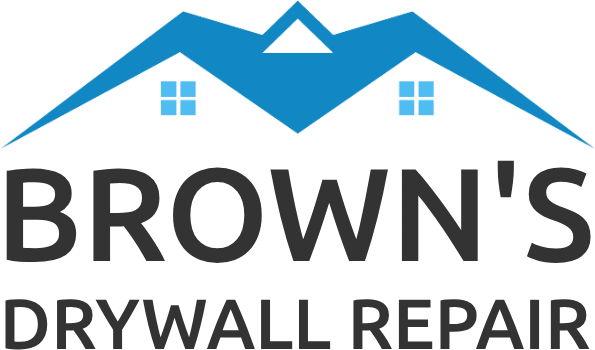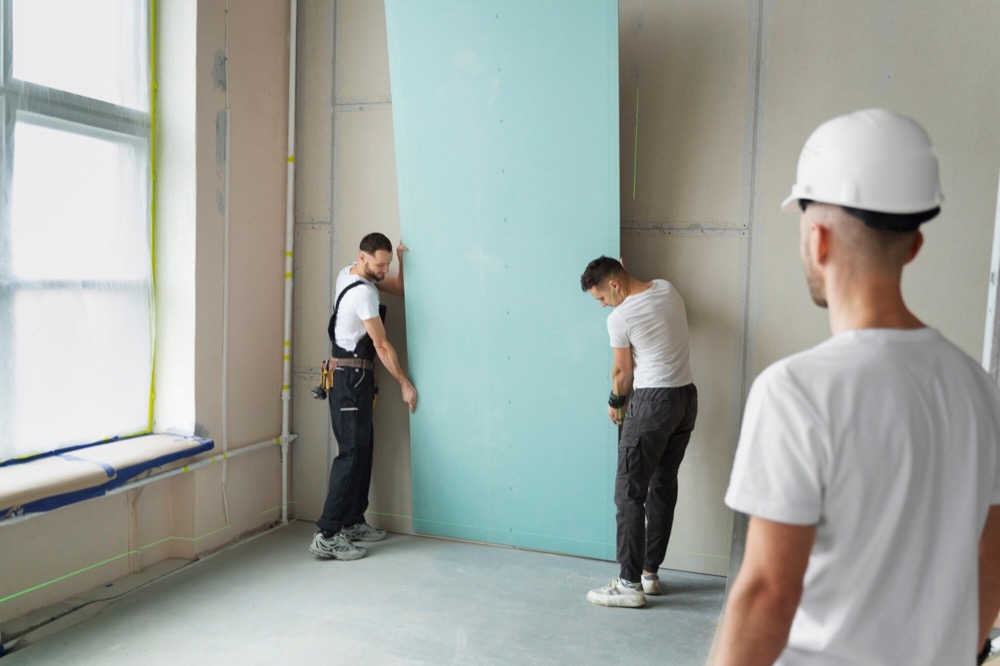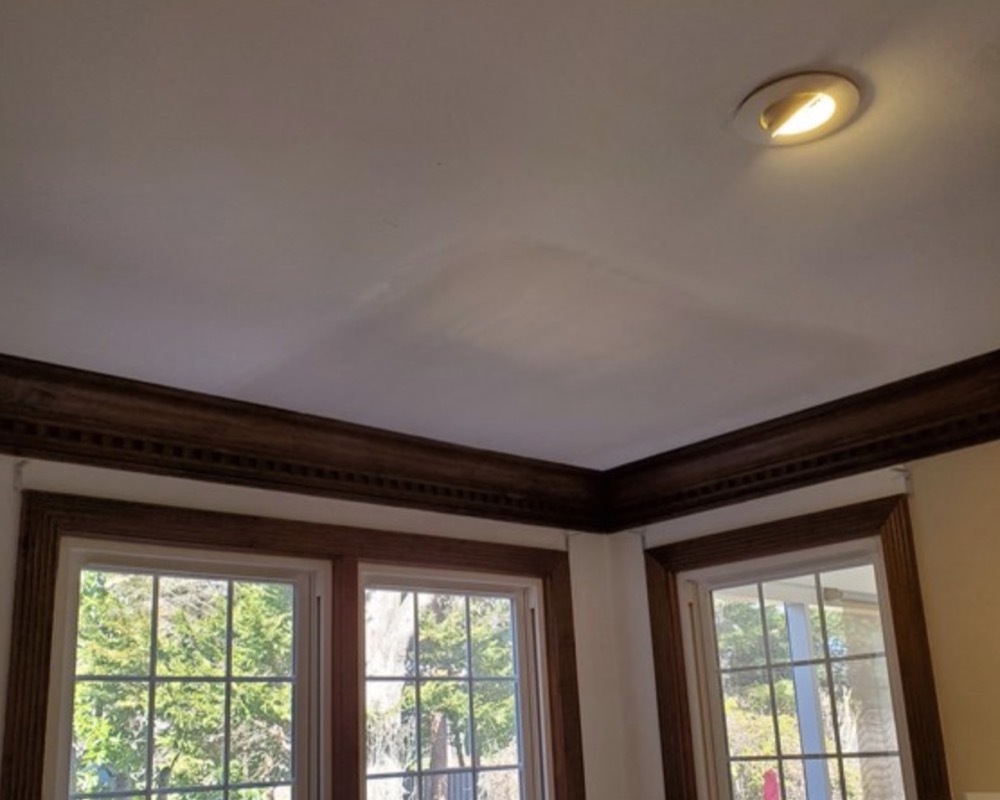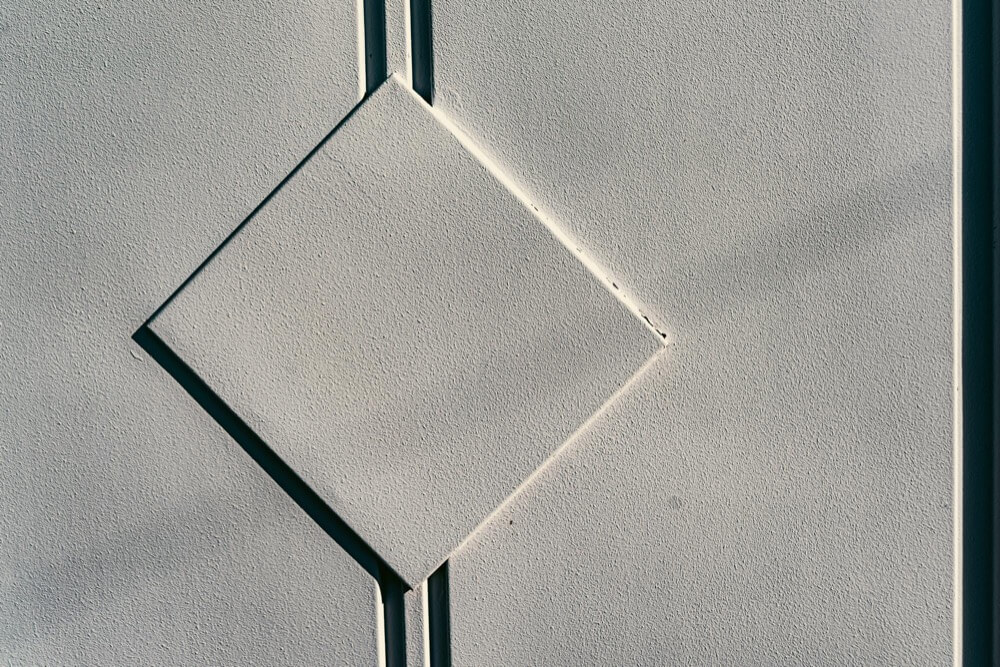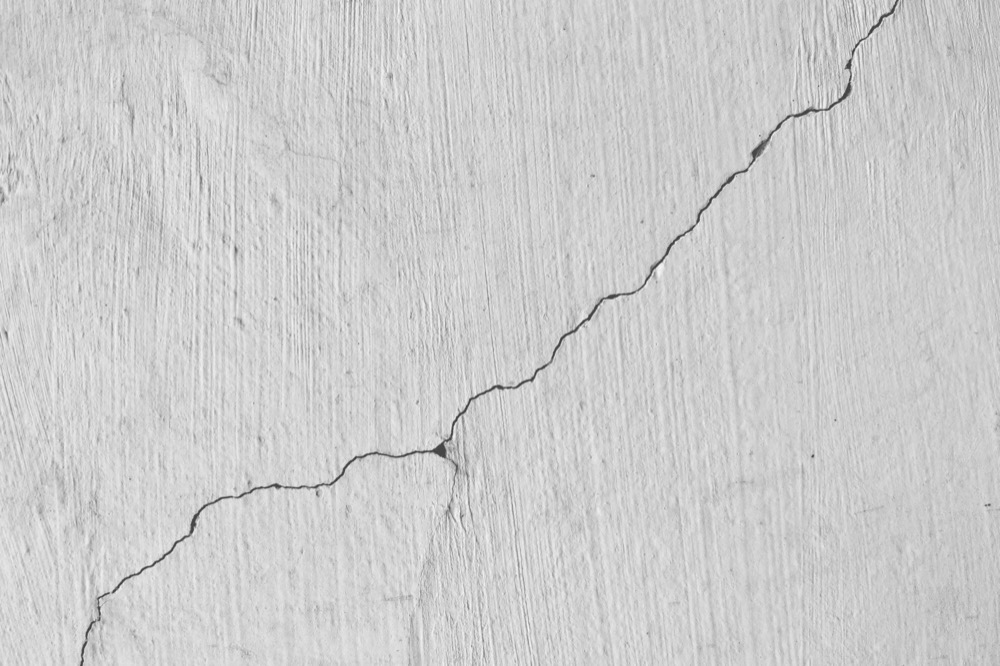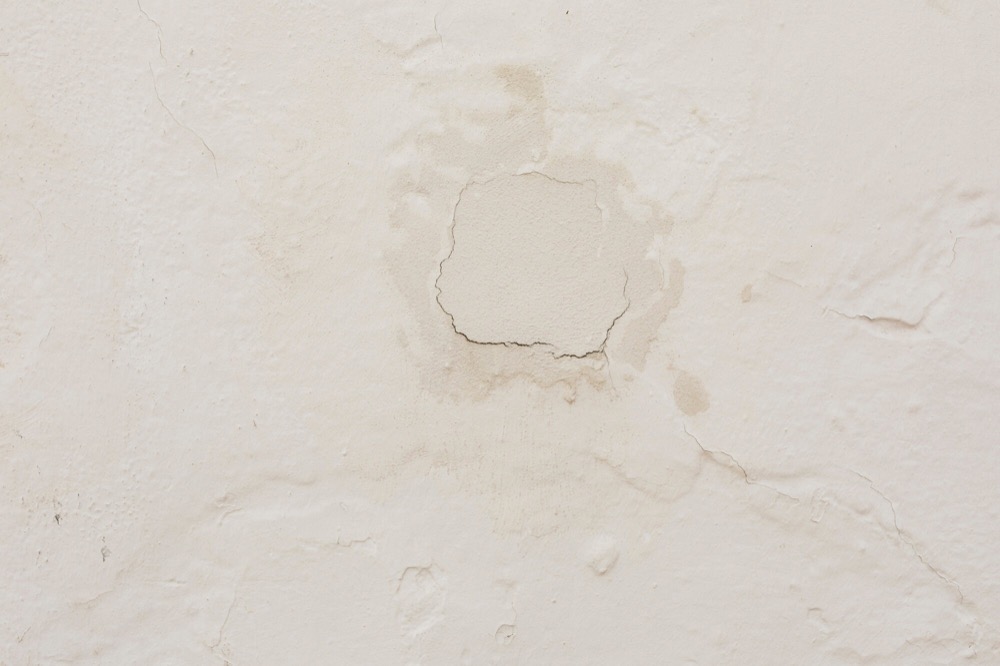Why Mold Growth on Drywall is Common in South Carolina Basements and How to Address It
Mold growth in basements is a common problem for many South Carolina homeowners. The state's unique climate creates ideal conditions for mold to thrive, especially in below-ground spaces. Understanding why this happens and how to deal with it can help protect your home and health.
South Carolina's Climate and Basement Humidity
South Carolina's weather plays a big role in basement mold growth. Here's why:
- High humidity levels: The state's humid climate means there's often excess moisture in the air.
- Seasonal temperature changes: Hot summers and cool winters can cause condensation in basements.
- Coastal vs. inland differences: Coastal areas may face more moisture issues due to sea air.
These factors combine to make basements prone to dampness, which mold loves.
Common Causes of Mold Growth in SC Basements
Several issues can lead to mold growth in South Carolina basements:
- Poor ventilation: Stagnant air traps moisture, creating a perfect environment for mold.
- Water leaks and flooding: Even small leaks can lead to big mold problems over time.
- Condensation on cold surfaces: This often occurs on pipes or concrete walls.
Addressing these issues is key to preventing mold growth.
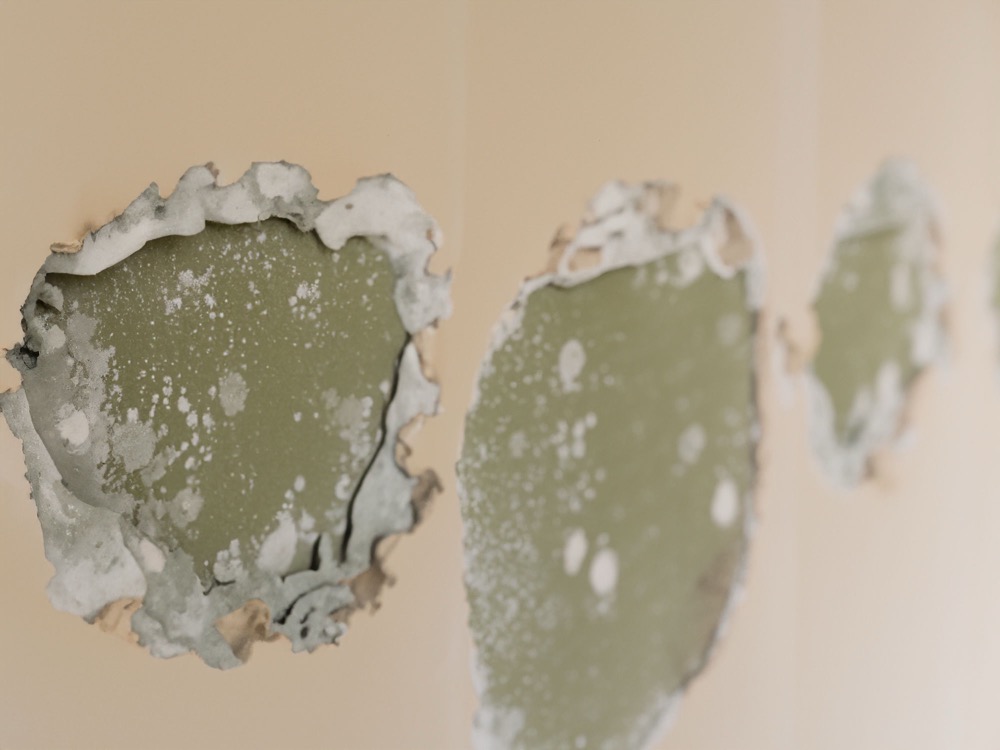
Health Risks Associated with Basement Mold
Mold in basements isn't just unsightly; it can also pose health risks:
- Respiratory issues: Mold spores can trigger asthma attacks and cause breathing problems.
- Allergic reactions: Many people experience allergy symptoms when exposed to mold.
- Long-term health concerns: Prolonged exposure to certain molds may lead to more serious health issues.
These health risks make it crucial to address mold problems quickly and effectively.
Prevention Methods for Basement Mold
Preventing mold growth is easier and less costly than dealing with an existing problem. Here are some effective prevention methods:
- Proper waterproofing: Seal your basement walls and floors to keep moisture out.
- Dehumidification systems: Use dehumidifiers to keep basement air dry.
- Regular inspections and maintenance: Check for leaks or signs of moisture regularly.
Taking these steps can significantly reduce the likelihood of mold growth in your basement.
Mold Remediation Techniques
If you do find mold in your basement, here's how to address it:
DIY Cleaning for Small Areas
For small patches of mold (less than 10 square feet), you can often clean it yourself:
- Use a mixture of water and detergent
- Scrub the area thoroughly
- Dry completely after cleaning
When to Call Professionals
For larger mold problems or if you have health concerns, it's best to call in experts. Professional mold removal services have the tools and knowledge to safely and effectively remove mold.
Preventing Mold Recurrence
After removing mold, take these steps to prevent it from coming back:
- Fix any water leaks or moisture issues
- Improve ventilation in your basement
- Use mold-resistant products when repairing or renovating
Getting Expert Help
Dealing with mold in South Carolina basements can be challenging, but you don't have to face it alone. Brown's Drywall Repair is familiar with the unique challenges of mold growth in our local climate. The team can help with mold remediation and drywall repair to keep your basement safe and dry.
If you're concerned about mold in your basement, don't wait. Contact Brown's Drywall Repair at 864-360-4501 for a thorough assessment and expert solutions. Let the professionals help you create a healthier, mold-free home environment.
‹ Back


